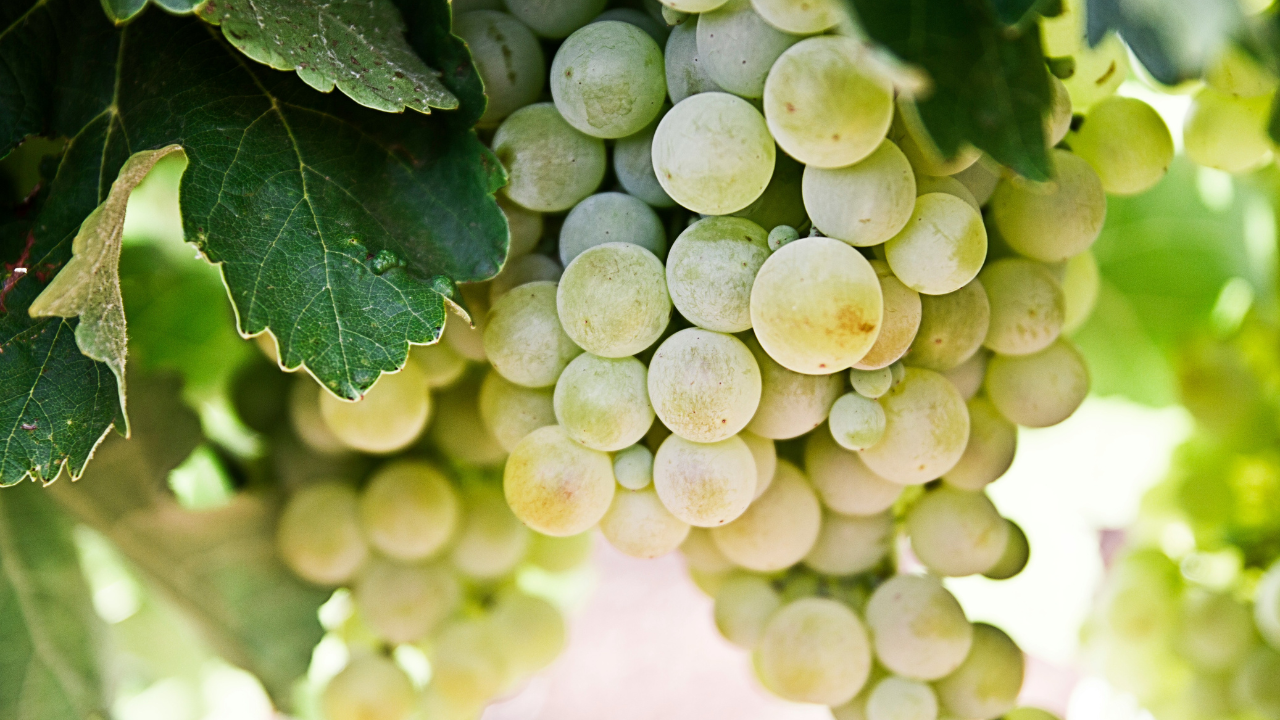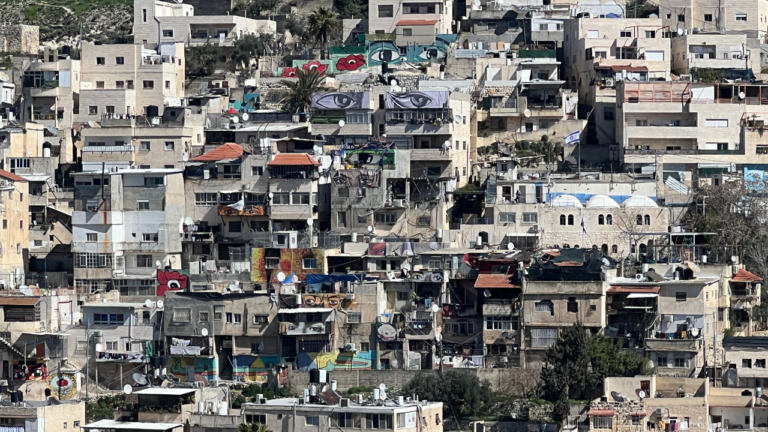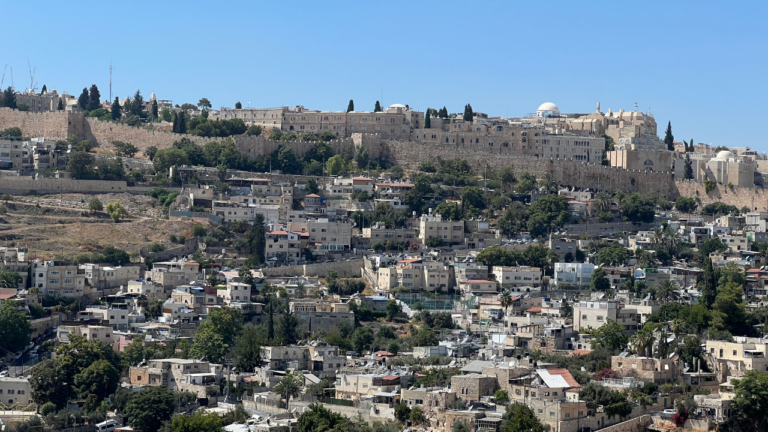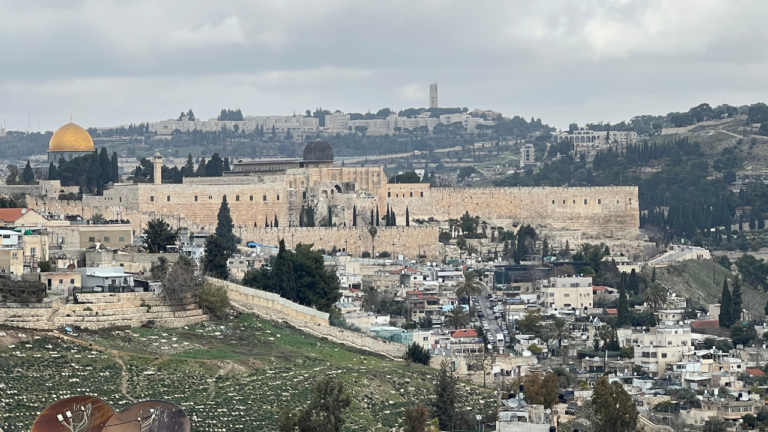Jerusalem Sanctifies the First Fruit
Our parsha opens with the mitzvah of bikkurim, the commandment of separating the first fruit and bringing it to the Beit HaMikdash in Yerushalayim. The details of this unique commandment are a strange blend of several areas of halacha. On one hand, bikkurim has all the telltale signs of a zeraim (plant oriented) mitzvah. Like other farming-related commandments such as hafrashat terumah, bikkurim relates to separating produce apart from the rest of the crop and designating it for the consumption of kohanim alone. In fact, the Gemara Makkot assumes that the Torah utilizes the term terumah when referring to bikkurim (see Makkot 17a and Rambam, Hilchot Terumah 15:20).
However, there are also many bikkurim laws that also point in the direction of the world of Kodshim, the area of Torah pertaining to the avodah in the Beit HaMikdash. While a kohen can consume Terumah anywhere, bikkurim can only be consumed within the confines of Jerusalem. This is similar to sacrifices such as pesach and shelamim that must be eaten within the walls of Jerusalem.
Additionally, the mitzvah of bikkurim is not simply to separate the produce. Rather, part and parcel of the mitzvat hafrasha is to bring the first fruits to the temple in Jerusalem. In fact, if the first fruits are lost, stolen, or ruined before the farmer is able to reach the Har HaBayit, the mitzvah is entirely unfulfilled and he must separate more produce as bikkurim from his field (Rambam, Hilchot Bikkurim 2:20). The process of bikkurim must culminate in proffering the sanctified produce in front of Hashem in the temple courtyard. The farmer and kohen wave the bikkurim in the mikdash much like the kohanim would wave sacrificial parts of the korban shelamim. Based on these halachot (and many more), the great Torah scholar Rav Yosef Engel convincingly concludes in his masterful Atvan Deorayta (Klal 12) that the fruits of bikkurim possess sanctity much like korbanot do.
This kedusha explains why the laws of bikkurim interplay so much with Jerusalem and the Beit HaMikdash. But the connection runs even deeper. As we just noted, it is strictly forbidden for a non-kohen to consume the bikkurim fruits. It is additionally forbidden for a kohen to eat the fruits outside Jerusalem. However, the Gemara Makkot (18b) explains that these prohibitions only kick in after the fruit enters the walls of Jerusalem. Before entering the holy city, the fruits are considered entirely unconsecrated. But upon entry, they are sanctified, כהקדש לכל דבריהם.
(Parenthetically, the simple language of the Gemara implies that the produce becomes sanctified by entering into the temple, משיראו פני הבית. However, the Rambam (Bikkurim 3:1) makes clear that ראיית פני הבית, seeing the face of the temple, occurs when entering the walls of Jerusalem. As we have noted in the past, the Rambam views Jerusalem as an extension of the Beit HaMikdash’s sanctity. Hence, entrance into Jerusalem qualifies as if one has already encountered the Beit HaMikdash itself.)
While the farmer’s act of separation creates an obligation to bring the produce to the holy temple, it does not sanctify the bikkurim. Only Jerusalem can confer kedusha upon the first fruits. Why should this be the case?
Bikkurim represents the ultimate act of sanctifying the mundane. The first fruits are the product of months and months of physical toil and earthly involvement. Success that stems from so much physical involvement can easily turn into self-infatuated pride that ignores the Almighty’s hand in the process. The mitzvah of mikra bikkurim forces the farmer to openly acknowledge his total reliance on HaKadosh Baruch Hu. The sanctification of the first fruits, to be consumed exclusively by kohnaim in Yerushalayim, reveals that all the fruits of the farmer’s crop in truth belong to Hashem. But only Jerusalem can accomplish this sanctification. It is only in Yerushalayim that a simple farmer has the spiritual clarity to recognize that the toil of his hands belongs exclusively to the Ribbono Shel Olam. Hence, the sanctification of the bikkurim only begins upon entering into the walls of Jerusalem.
We should merit to see the toil of our hands sanctified in the fully rebuilt city of Jerusalem, speedily in our days.



